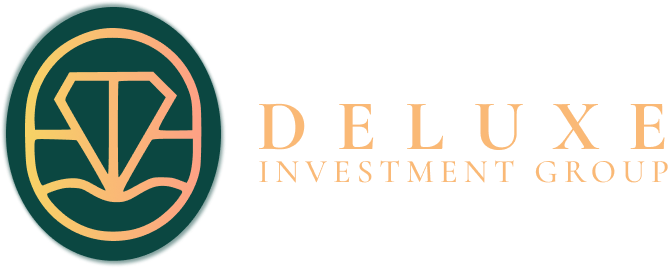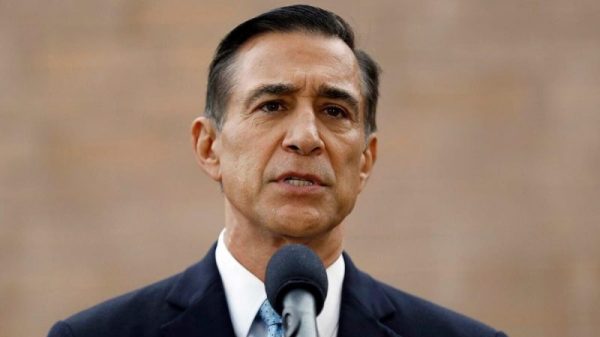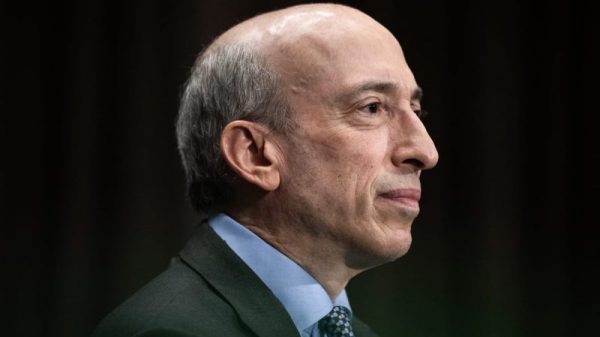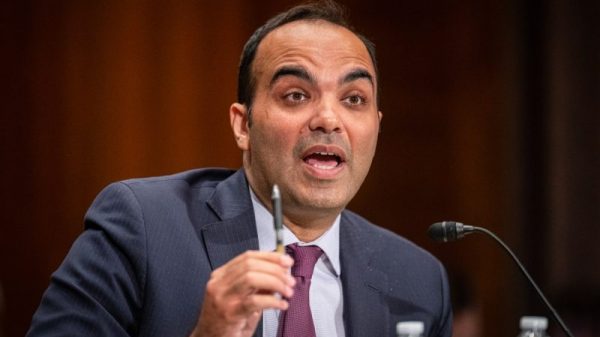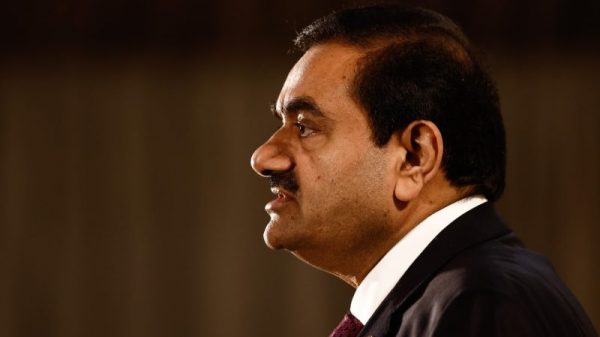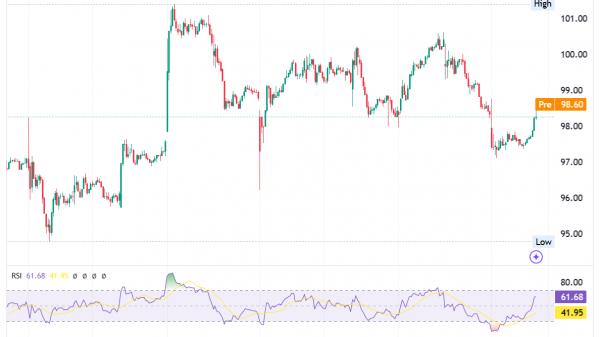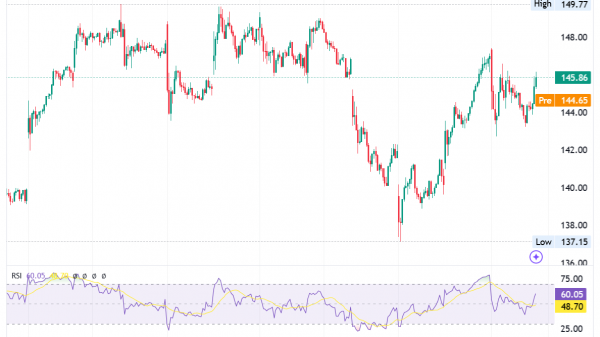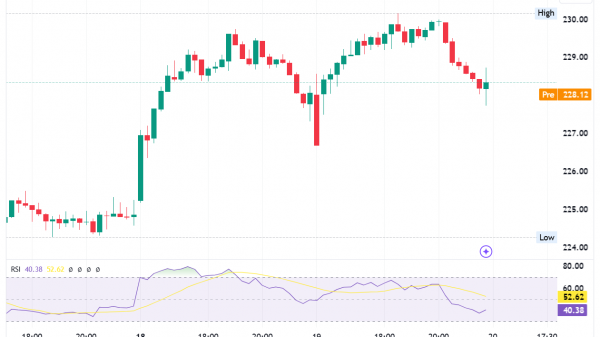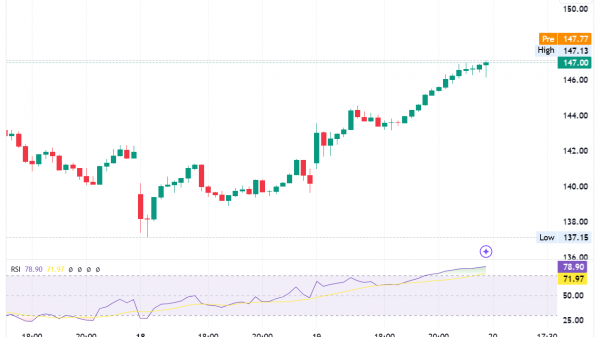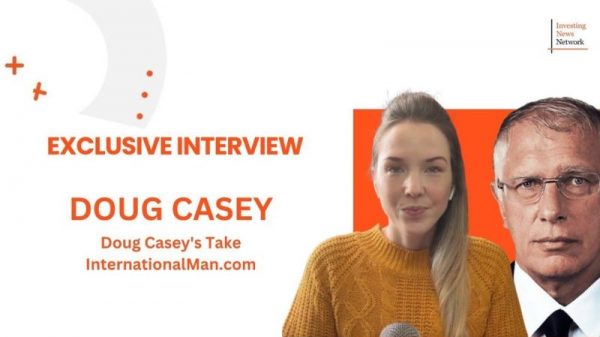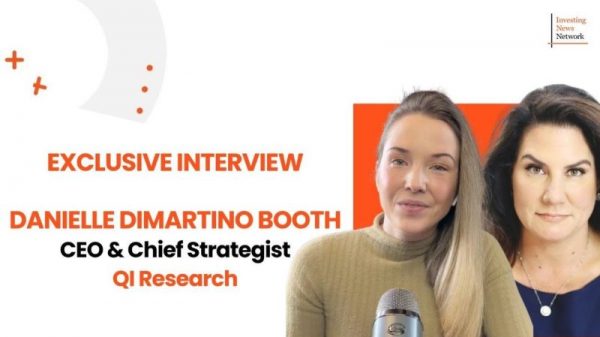Is insurance haram or halal? Get all the Information
Key Takeaways:
Islamic life insurance, known as Takaful, emphasizes cooperation and mutual support.
Islamic principles align with Sharia-compliant insurance options, considering them halal.
Riba-free insurance is available to avoid interest charges, respecting Islamic values.
They issued a fatwa declaring some conventional insurance practices as haram due to elements like interest and gambling.
Have you ever thought about insurance haram or halal? Is it legal for you to have it, and in what form exactly?
First of all, insurance is a way to protect against financial difficulties. One person pays money to another person who agrees to assist if there is a particular problem or damage.
This mechanism functions as a strategy for handling risk, predominantly employed to mitigate the potential consequences of an unforeseeable or conditional setback.
If you’re Muslim, you may want to know if there are Islamic insurance rules and if there is halal insurance available. So, let’s start by answering all about Islamic finance and insurance, shall we?
Is it legit to get insurance as a Muslim?
Is insurance halal or haram? In Islam, Muslims consider life insurance compatible with Islamic principles. In the past few decades, Islamic financial institutions and products have become more accessible and accepted in mainstream markets.
These institutions offer Sharia-compliant products like Islamic mortgages, life insurance policies, and financial solutions that align with Islamic principles.
Islamic mortgages, commonly known as halal or Sharia-compliant mortgages, have gained traction among individuals seeking financial services that align with Islamic principles.
When did this change occur?
This change occurred because people thought Islamic finance and insurance did not allow regular mortgage loans with interest. These policies cannot have interest, uncertainty, high-risk elements, unclear terms, or gambling, as they go against Islamic laws.
Traditional Islamic finance and insurance have traditionally prohibited mortgage loans with interest. This change is a response to that belief.
Understanding Life Insurance from an Islamic perspective
Many life insurance policies don’t involve interest payments. However, there is a growing interest in whether Islam allows life insurance, particularly when it involves risk.
Questions about whether life insurance is compatible with Islamic principles have led to discussions on haram and halal insurance. This has resulted in inquiries and the issuance of religious rulings on insurance in Islam.
The permissibility of life insurance in Islamic finance and insurance depends on the type of policy. It must follow riba-free principles, also called takaful insurance, in Islamic finance.
What is Takaful Insurance – Understanding Islamic Life Insurance
People in Islamic teachings view Islamic life insurance as permissible when it follows takaful principles. Takaful is a special type of insurance that follows Sharia law. People work together and contribute money to create a shared safety net.
Key Principles of Takaful
You can guide Takaful by several fundamental principles:
Cooperation Between Policyholders: Takaful encourages policyholders to work together, sharing the risks and rewards of the insurance arrangement.
Shared Losses and Liabilities: Participants jointly bear any losses, fostering a sense of collective responsibility.
Elimination or Minimization of Uncertainty: Takaful aims to reduce uncertainty in insurance transactions, aligning with Islamic principles.
Treating all participants equally, without favouring anyone, ensures fairness.
Get to know Islamic Life Insurance in Practice.
Muslims need to select insurance policies that align with Islamic principles. These policies must not have interest, uncertainty, high-risk parts, unclear terms, or gambling, as they contradict Islamic laws.
Takaful-based life insurance adheres to these guidelines and embodies the principles of cooperation and trust. It’s fully halal, providing financial protection and long-term savings.
It’s a good choice for those seeking Islamic insurance that aligns with Islamic finance principles.
Other types of Islamic Insurance You Need to know.
As you’ve already read, Takaful insurance represents general Islamic insurance. It helps businesses deal with unexpected financial risks. It’s based on people helping each other and sharing the cost of losses or damages.
Besides takaful insurance, we also want to mention riba-free insurance. Islamic finance does not allow charging interest on loans or deposits, called riba, because it is illegal and unethical.
To align with religious principles, Islamic banking has developed alternative approaches to facilitate financial transactions without resorting to explicit interest charges.
What is a fatwa on insurance in Islam?
A fatwa is an official religious decree or ruling issued within Islamic jurisprudence. In this context, they issued a fatwa declaring that choosing an insurance policy went against Islamic principles.
The fatwa stated that the insurance policy violated Islamic rules and was prohibited in Islam. This was because it had things like interest and gambling, which are prohibited.
Gharar and Maysir – Islamic Insurance Explained
When it comes to Life Insurance, we have two more interesting types. People worry about gharar and wonder if Islam permits term life insurance, which has uncertain payouts after death.
Whole life insurance, which guarantees payouts upon death, aligns with Sharia laws.
On the other hand, Maysir concerns policyholders potentially losing premiums if they outlive term insurance. While some uncertainty exists, not all policies necessarily involve may.
Individuals must ensure their insurance choices align with Islamic principles, favouring policies based on Islamic finance rules.
Conclusion: Is Insurance Harar or Halam?
For those wondering if insurance is allowed in Islam, the answer is yes. Islamic banks provide Sharia-compliant options such as mortgages and life insurance.
Takaful insurance, based on cooperation and mutual support, aligns with Islamic values and serves as a permissible option.
They have developed riba-free insurance options to avoid interest charges following Islamic beliefs. Remember, this is the Islamic perspective on insurance that you need to know about!
The post Is insurance haram or halal? Get all the Information appeared first on FinanceBrokerage.
